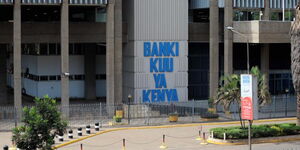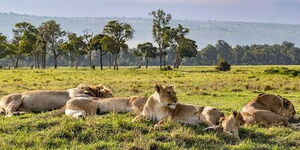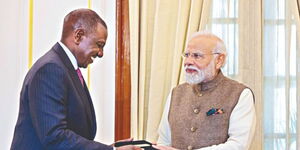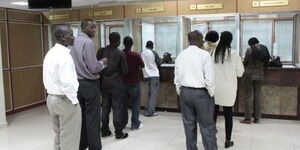There is a looming humanitarian disaster unfolding in Kenya, just four months after the US President Donald Trump administration began reevaluating US foreign aid.
While the aid cuts were inevitably going to have devastating effects, particularly in African countries that heavily rely on it, no one could have predicted the predicament refugees in Kakuma and Dadaab refugee camps would be facing as of May 2025.
The ripple effect of Washington's decision to cut foreign aid is beginning to be intensely felt, with the two biggest refugee camps in the land on the verge of an economic collapse.
More than 700,000 refugees from across 24 nations now have their fates uncertain due to several factors, with the ability of the refugees to sustain themselves economically being the most worrying issue.
Previously, the World Food Programme has been releasing Ksh200 million to camps every month through a programme called Bamba Chakula. The cash is redeemable at select shops and has helped the economy at Kakuma thrive. In recent months, however, things have changed, and this fund is thinning each day.
The Ksh200 million, which was used to be injected into the local economy, enabled refugees to purchase food and essential items at select shops, effectively supporting local and small businesses in the surrounding areas.
However, following the U.S.'s decision to cut funds, retailers in Kakuma claim demand has taken a hit - a factor which has stripped local businesses of their main customer base. This has left the entire camp's economy on the brink of collapse.
The food situation is also a matter of life and death at this point, since rations have been slashed drastically. According to Collins Buleti, Head of Programmes at the Kakuma Camp, what was once covering 80 per cent of an individual's nutritional needs in 2022 has since dropped to 40 per cent, with local leaders expecting the situation to worsen from June 2025 if there is no dramatic resolution.
"Food rations have gone from 80 per cent in 2022 to 40 per cent," he said, adding that these days, a refugee camp can easily run out of food supplies in two weeks, whilst aid through the World Food Programme comes in once a month.
The crisis is exacerbated by the fact that refugees from neighbouring countries continue to trickle into the Kakuma and Dabaab camps as they flee from war-torn countries and regions ravaged by famine and conflict.
Aid workers now fear that amid the ongoing food and supply crises at the two camps, their residents are on course to experience a full-blown disaster in the next few months, when food stocks are expected to run out.
Over the weekend, locals at the two camps attempted to make their voices heard by staging peaceful protests over their dire situation as they appealed to the county and national governments to intervene.












